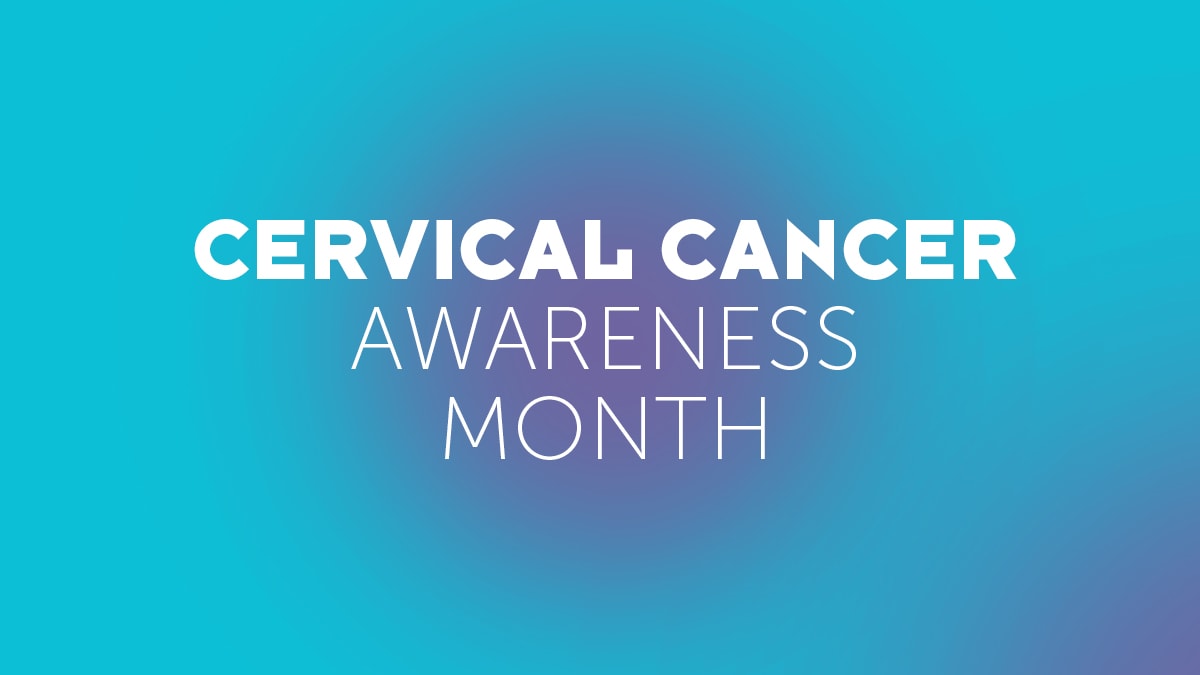Supporting the Home Team with Canada’s Men’s Soccer Head Coach Jesse Marsch
November 14, 2025
Found in Breast Cancer, General

When Canada’s national men’s soccer team takes the field in Vancouver during the FIFA World Cup in 2026, patriotic spirit will soar. But head coach Jesse Marsch believes there’s another team British Columbians can stand behind with equal pride — BC Cancer.
After his wife was diagnosed in 2021, Jesse knows the importance of supporting breast cancer research and care. He recently discussed BC Cancer’s new cutting-edge imaging technology and world-leading work with Dr. Nathalie Levasseur.
Jesse: Catching my wife Kim’s breast cancer early was crucial to her recovery. How is BC Cancer enhancing early detection for patients?
Dr. Levasseur: Mammograms are critical in early detection, however, small tumours can be hidden or masked in the 43% of women who have dense breast tissue.
BC Cancer’s new donor-supported contrast enhanced mammography (CEM) unit captures two images: one similar to a conventional mammogram and another that highlights blood flow, a crucial indicator of cancer, making it significantly more adept in detecting cancers that might otherwise be missed in women with dense breast tissue.
Not only will CEM expand and improve imaging for people with dense breasts, it will also increase overall breast imaging capacity in B.C.
Jesse: How are you supporting an increase in young people diagnosed with breast cancer?
Dr. Levasseur: We launched an Adolescent and Young Adult (AYA) program to offer young people more personalized supportive resources as they face unique challenges.
AYA supports include fertility preservation and hereditary counselling to screen for hereditary mutations, which can increase a patient’s risk of other cancers and require decisions around preventative surgeries such as mastectomy and oophorectomy (ovary removal).
Jesse: How is BC Cancer research redefining the world’s understanding of breast cancer?
Dr. Levasseur: Our team’s groundbreaking discovery of early changes in healthy breast cells is providing critical insight into the origins of breast cancer, laying the foundation for more accurate early detection and prevention strategies.
B.C. is also at the forefront of tackling some of the most challenging forms of the disease, such as a study I’m leading in triple-negative breast cancer (TNBC), one of the most aggressive and deadly subtypes. My research could help personalize care for patients, saving lives here in B.C. and globally.

Support Breast Cancer Research at BC Cancer
Help advance care for the 4,000 women in B.C. diagnosed each year
Donate Today

